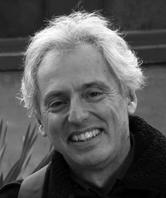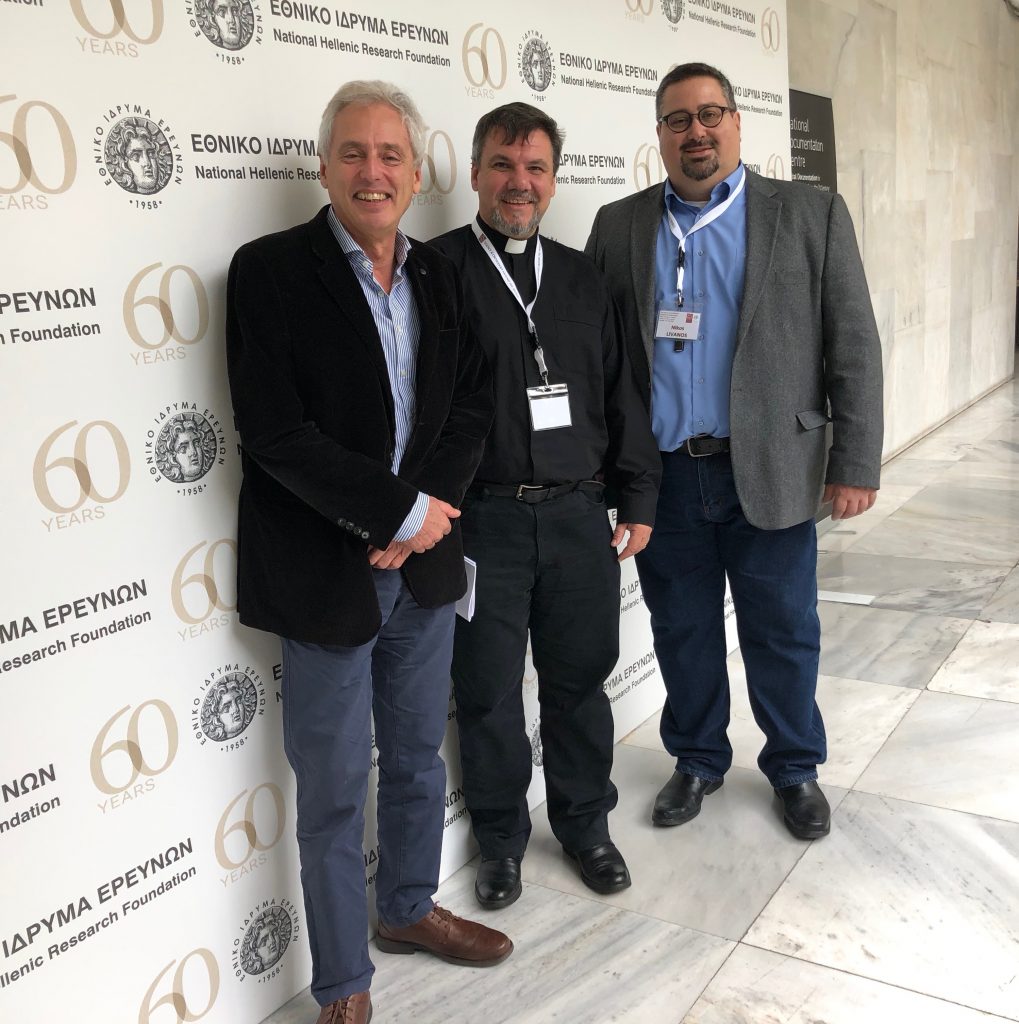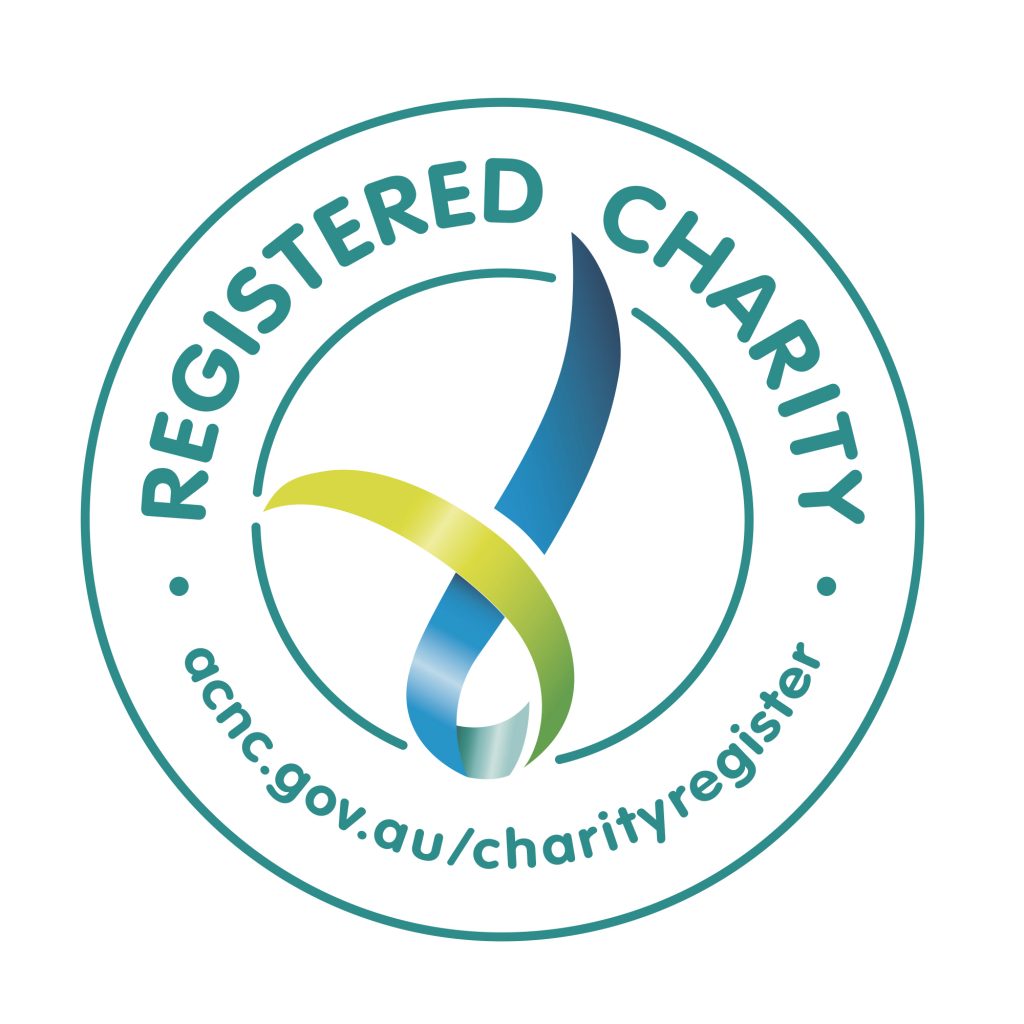 A conversation with Professor Efthymios Nicolaidis, Research Director of the Institute of Historical Research at the National Hellenic Research Foundation, Athens, Greece. Efthymios received training as a physical scientist, more specifically as an astronomer, but he wrote a doctoral dissertation in the history of science at L’École des hautes études en sciences sociales, Paris (1983). His thesis focused on the activities of Soviet astronomers, from the Red Revolution to the Stalinist era. Since 1984, Efthymios has been working as an historian of science, currently coediting Almagest and the Newsletter for the History of Science in Southeastern Europe. In time, this research gradually led him to the study of the history of the early Christian, medieval, and modern Orthodox attitudes towards the sciences. As a result of his increasing interest in this area, he has initiated and led three relevant research projects, namely, NARSES (Nature and Religion in South Eastern European Space) and the two phases of SOW (Science and Orthodoxy around the World). All these projects explore the little known field of Orthodox Christianity and science. Efthymios’ CV and list of publications are available online.
A conversation with Professor Efthymios Nicolaidis, Research Director of the Institute of Historical Research at the National Hellenic Research Foundation, Athens, Greece. Efthymios received training as a physical scientist, more specifically as an astronomer, but he wrote a doctoral dissertation in the history of science at L’École des hautes études en sciences sociales, Paris (1983). His thesis focused on the activities of Soviet astronomers, from the Red Revolution to the Stalinist era. Since 1984, Efthymios has been working as an historian of science, currently coediting Almagest and the Newsletter for the History of Science in Southeastern Europe. In time, this research gradually led him to the study of the history of the early Christian, medieval, and modern Orthodox attitudes towards the sciences. As a result of his increasing interest in this area, he has initiated and led three relevant research projects, namely, NARSES (Nature and Religion in South Eastern European Space) and the two phases of SOW (Science and Orthodoxy around the World). All these projects explore the little known field of Orthodox Christianity and science. Efthymios’ CV and list of publications are available online.
In this interview, Efthymios gives an account of his career, each stage of which left an indelible mark upon his research. The discussion then moves to his work in the history of science, with an emphasis on the scientific contributions of the Byzantines, especially in the field of astronomy. While in recent years the interest in this area has grown, still, Byzantine science remains an under-researched segment of the history of European culture. The same goes for the manner in which the Byzantines approached the scientific culture of their times. Among the many gems of information Efthymios shares with us, of particular interest is his account of the systems of education in the Ottoman Empire, with the Christian system being run by the Patriarchate of Constantinople. In the patriarchal schooling system, pupils studied Christian, broadly cultural, and scientific subjects. No wonder, says Efthymios, the emerging modern nations of Eastern Europe inherited a comprehensive view of things, where faith and science go hand in hand, contrary to the warfare paradigm of the West. I should add that the reader can find more on these in Efthymios’ book, Science and Eastern Orthodoxy: From the Greek Fathers to the Age of Globalization (Baltimore: The Johns Hopkins University Press, 2011).
L to R: Professor Nicolaidis, Doru Costache, and Dr Nikos Livanos (Athens, December 2018)
Turning to the early Christian centuries, Efthymios discusses the literary tradition of the hexaemera, works on the six days of creation in the Book of Genesis. Such works were written by Church fathers and other Christian scholars alike. (See an entire issue of Almagest dedicated to this literary tradition, with Efthymios contributing an article on John Philoponos’ Hexaemeron, where the famous Alexandrian philosopher reiterates the early Christian thesis according to which Plato and other ancient thinkers borrowed from the Scriptures.) Interesting about the hexaemera is the fact their authors were able to combine a variety of disciplinary angles in their effort to make sense of the world. For them, there was no conflict between the best of science and the Christian, scripturally guided doctrine of creation. In their footsteps, and for many centuries, Christian intellectuals made recourse to the available sciences in order to grasp the mysteries of the universe and of human life. Against this backdrop, traditionally, the Orthodox have no reason to oppose the scientific culture of their time, at least not as a matter of principle.
Here is the video recording of this conversation:
7 September 2021 © AIOCS
AIOCS LTD is a not-for-profit charitable organisation that promotes the study of Orthodox Christianity, Eastern and Oriental, in Australia
For donations, please go to https://www.paypal.com/paypalme/aiocsnet or contact us at info@aiocs.net


